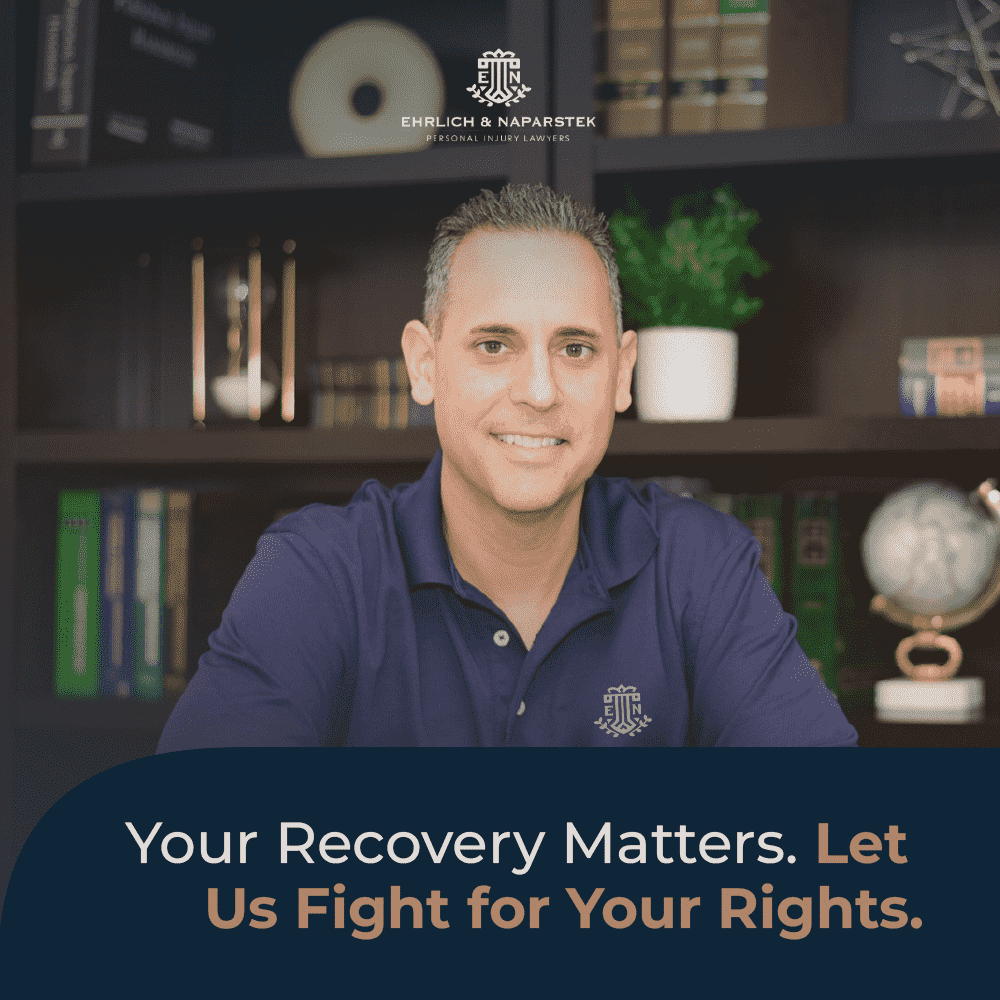Mon to Sun - 24/7 365
The Role of Weather in Car Accidents: How Bad Conditions Impact Driving Safety
Table of Contents
ToggleWeather conditions significantly impact road safety, influencing the likelihood of traffic accidents. Understanding how various weather types affect driving can help motorists prepare better and reduce their risks on the road. This comprehensive guide delves into the effects of different weather conditions on driving safety and offers practical advice for navigating these challenges.
The Perils of Rain on Roadways
Rain is one of the leading weather-related factors contributing to car accidents. When it rains, water on the road surface can mix with oil residue, leading to slippery conditions that reduce tire traction and increase the likelihood of skidding. Additionally, heavy rain can impair visibility, making it difficult for drivers to see other vehicles, road signs, and potential hazards.
Safe Driving Tips for Rainy Conditions:
- Reduce Speed: Lowering your speed helps prevent the tires from losing contact with the road in wet conditions.
- Increase Following Distance: Extending the space between you and the car in front allows more time to react if sudden stops are necessary.
- Use Headlights: Turning on your vehicle’s headlights enhances your visibility to other drivers and helps you see the road more clearly.
Navigating Snow and Ice with Caution
Snow and ice are particularly treacherous because they can create slick surfaces and obscure road markings. These conditions often result in decreased vehicle control and longer stopping distances.
Strategies for Snowy and Icy Conditions:
- Utilize Snow Tires or Chains: Specialized tires or chains can improve traction significantly.
- Drive Slowly: Reducing your speed helps maintain control and react to icy conditions effectively.
- Avoid Sudden Movements: Gentle maneuvers are key to preventing loss of control on icy roads.

The Hidden Dangers of Fog
Fog can descend quickly, drastically reducing visibility and the distance at which drivers can see other vehicles or road hazards. This can lead to accidents if drivers fail to adjust their driving style to the conditions.
Tips for Driving in Fog:
- Use Low-Beam Headlights or Fog Lights: These lights are designed to cut through fog and improve visibility without blinding other drivers.
- Follow Road Markings: Use the lines on the road as a guide to stay within your lane, especially when visibility is severely reduced.
Wind’s Impact on Vehicle Stability
Strong winds can be particularly dangerous for drivers of high-profile vehicles, such as trucks and buses, but they can also affect cars. Sudden gusts can push a vehicle sideways, destabilize it during turns, or cause it to veer off course.
Driving Safely in High Winds:
- Maintain a Firm Grip on the Steering Wheel: This helps counteract the effects of sudden gusts.
- Be Mindful of Open Areas: Bridges, open tunnels, and areas without windbreaks like trees or buildings can experience stronger wind gusts.
Essential Preparations and Precautions
Proper vehicle maintenance and preparedness are key to enhancing safety during adverse weather conditions. Ensuring that your vehicle is equipped to handle various weather challenges is crucial.
Vehicle Maintenance Tips:
- Check Your Tires Regularly: Ensure they are properly inflated and have sufficient tread.
- Maintain Your Brakes: Good brakes can significantly reduce stopping distances, especially in wet or icy conditions.
- Regularly Replace Windshield Wipers: Clear visibility is crucial and old or worn wipers can impair this in adverse weather.
Legal Assistance When You Need It Most
Accidents can happen even with the best preparations. If you find yourself a victim of a weather-related car accident, it’s important to seek competent legal help promptly. Ehrlich & Naparstek Personal Injury Lawyers specialize in such cases, providing the support and expertise necessary to navigate the complexities of accident claims related to weather conditions.
Contact us 24/7 at (772) 842-8822 (Stuart) or (561) 687-1717 (West Palm Beach) to schedule an appointment. Visit our office at 1330 SE Federal Hwy Stuart, FL 34994 for personal consultation.
For further information on safe driving in adverse weather conditions, please visit the National Highway Traffic Safety Administration website for more safety tips and updates.
Drive safely and stay prepared for whatever weather comes your way.

clients have
confidence in us
If you ever find yourself involved in an automobile accident, I cannot emphasize enough how essential it is to reach out to Matt Naperstek. His exceptional expertise and unwavering support have been nothing short of remarkable throughout my journey, especially as my case progresses towards trial. I must also commend Melissa Lutz for her invaluable assistance. Matt and Melissa truly exemplify excellence in the legal field. Their profound knowledge and mastery of their craft have instilled in me a sense of confidence and reassurance during this challenging time. I wholeheartedly recommend their services to anyone seeking exceptional legal representation.
I wouldn't consider anyone else in South Florida for my legal needs! This law firm is exceptionally knowledgeable, incredibly friendly, and remarkably courteous. Their client-centric approach is truly commendable. I wholeheartedly recommend them to anyone in search of a reliable law firm.
Ken, Tania, and their entire team have truly exceeded my expectations. I cannot express enough gratitude for their outstanding service. Their enthusiasm and dedication shine brightly, ensuring that you receive nothing less than what you truly deserve.
Accident Types
important PERSONAL INJURY FAQ
vision makes us who we are
What is the statute of limitations for personal injury claims in Florida?
In Florida, the statute of limitations for most personal injury claims is four years from the date of the injury. This means that if you've been injured, you have four years to initiate legal proceedings. If you fail to file your lawsuit within this time frame, you may lose your right to seek compensation.
How is fault determined in Florida auto accidents?
Florida operates under a no-fault insurance system. This means that after most traffic accidents, your own insurance policy will compensate you for medical expenses and lost income, irrespective of who was at fault. However, in severe injury cases, you might be able to step outside this no-fault system and file a lawsuit against the at-fault driver.
What is Florida's comparative negligence rule?
Florida follows a pure comparative negligence rule. If you're found to be partially at fault for your injury, your compensation may be reduced by a percentage equal to your share of the blame. For instance, if you're found to be 20% at fault, you can still recover 80% of your total damages.
What damages can I recover in a personal injury lawsuit in Florida?
In Florida, you can seek compensation for both economic and non-economic damages. Economic damages include tangible costs like medical bills and lost wages, while non-economic damages cover intangibles like pain and suffering, emotional distress, and loss of enjoyment of life.
How long does it typically take to settle a personal injury case in Florida?
The duration varies based on the complexity of the case, the parties involved, and the evidence. While some cases might settle quickly, others, especially those that go to trial, can take months or even years to resolve.
How much will it cost me to hire a personal injury attorney?
We operate on a contingency fee basis. This means that we only get paid if you win your case or secure a settlement. Typically, the fee is a percentage of the compensation you receive.
What should I do immediately after an accident in Florida?
First, prioritize your safety and seek medical attention. Then, if possible, document the scene, take photographs, gather witness information, and report the incident to the police or relevant authorities. It's also advisable to contact a personal injury attorney as soon as possible.
What if the person who hit me doesn't have insurance?
If you're hit by an uninsured or underinsured driver in Florida, you can turn to your own insurance policy's uninsured/underinsured motorist coverage. This coverage can help compensate for your injuries and damages.
How do I prove pain and suffering in a personal injury case?
Pain and suffering are subjective and can be challenging to quantify. Evidence such as medical records, therapy sessions, personal journals, and testimonies from friends and family can help establish the extent of your pain and suffering.
Make an inquiry?
vision makes us who we are















